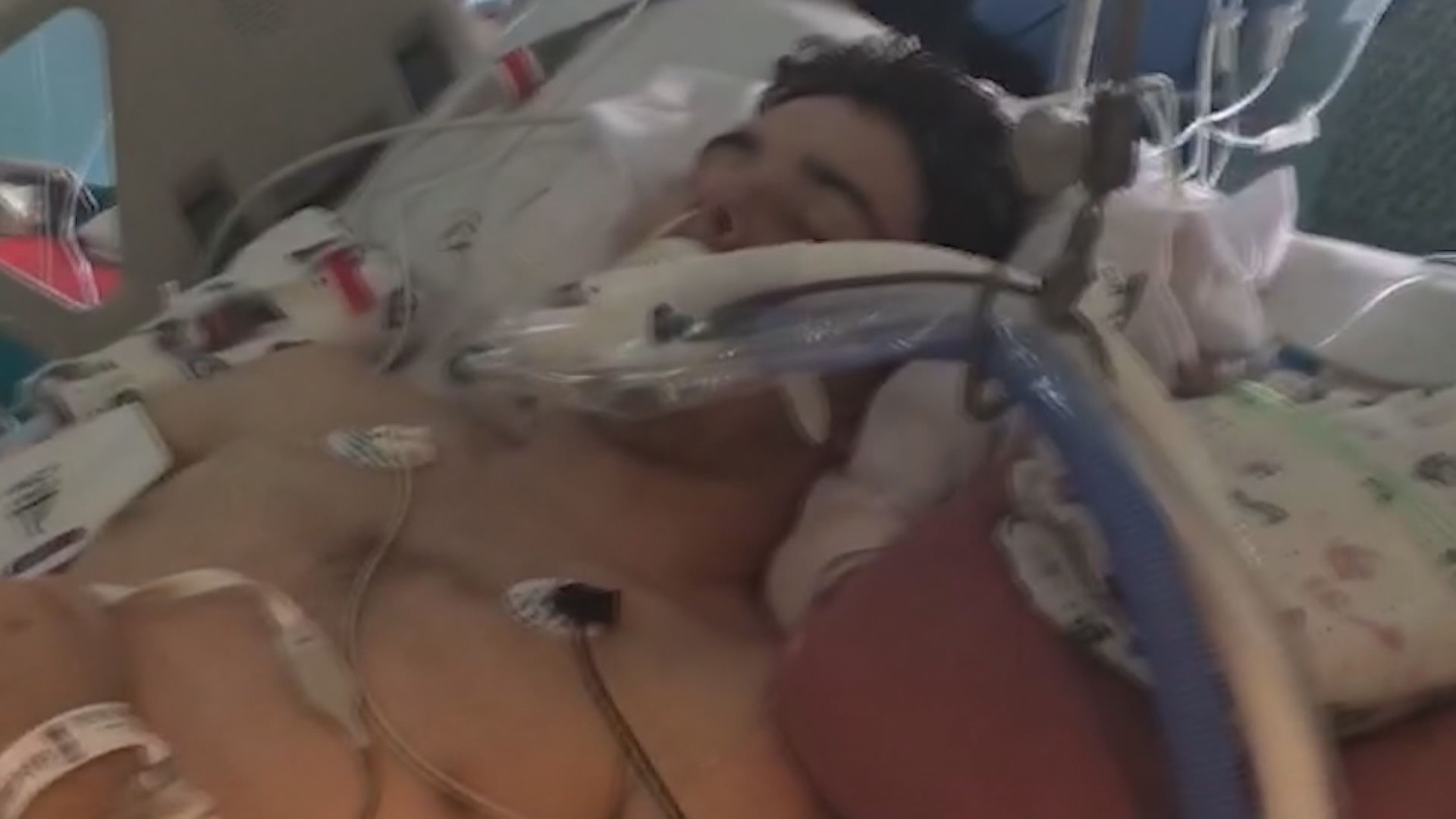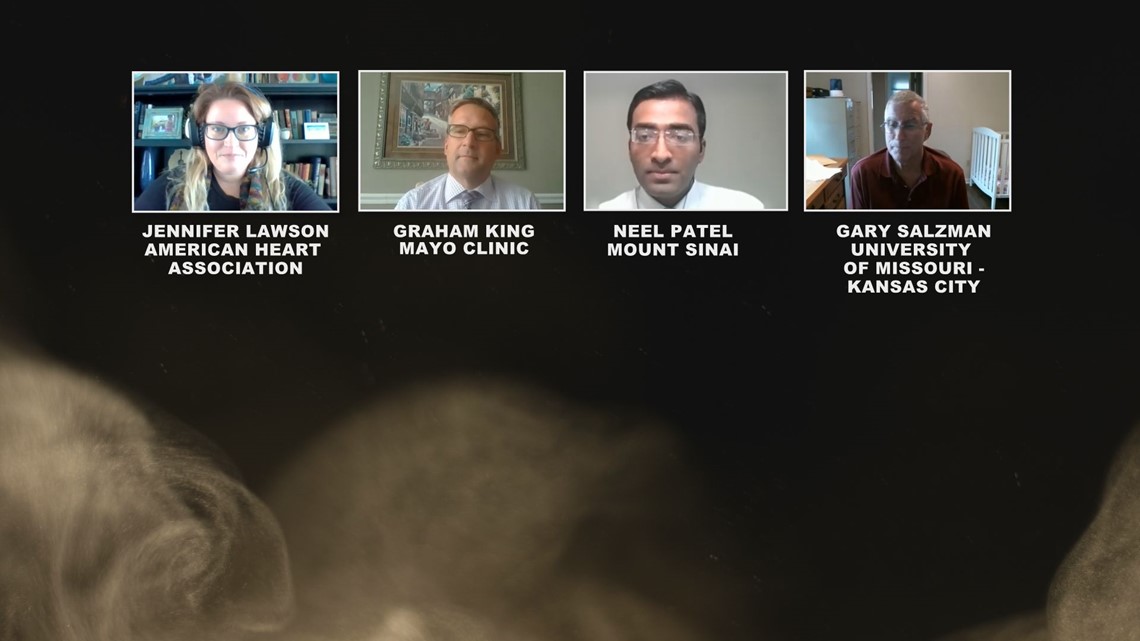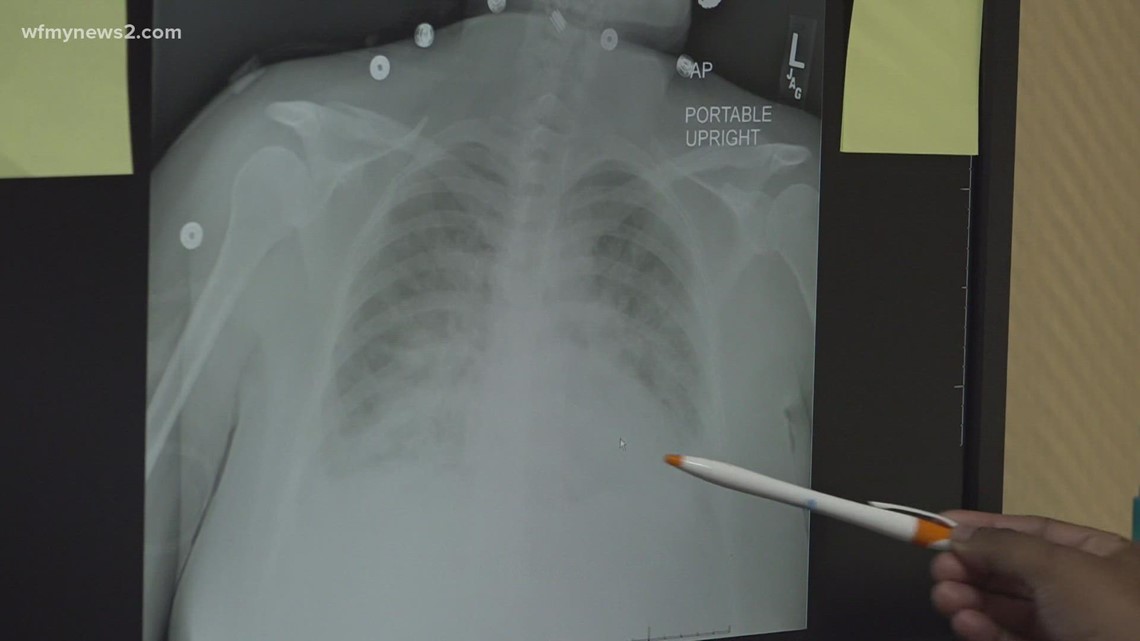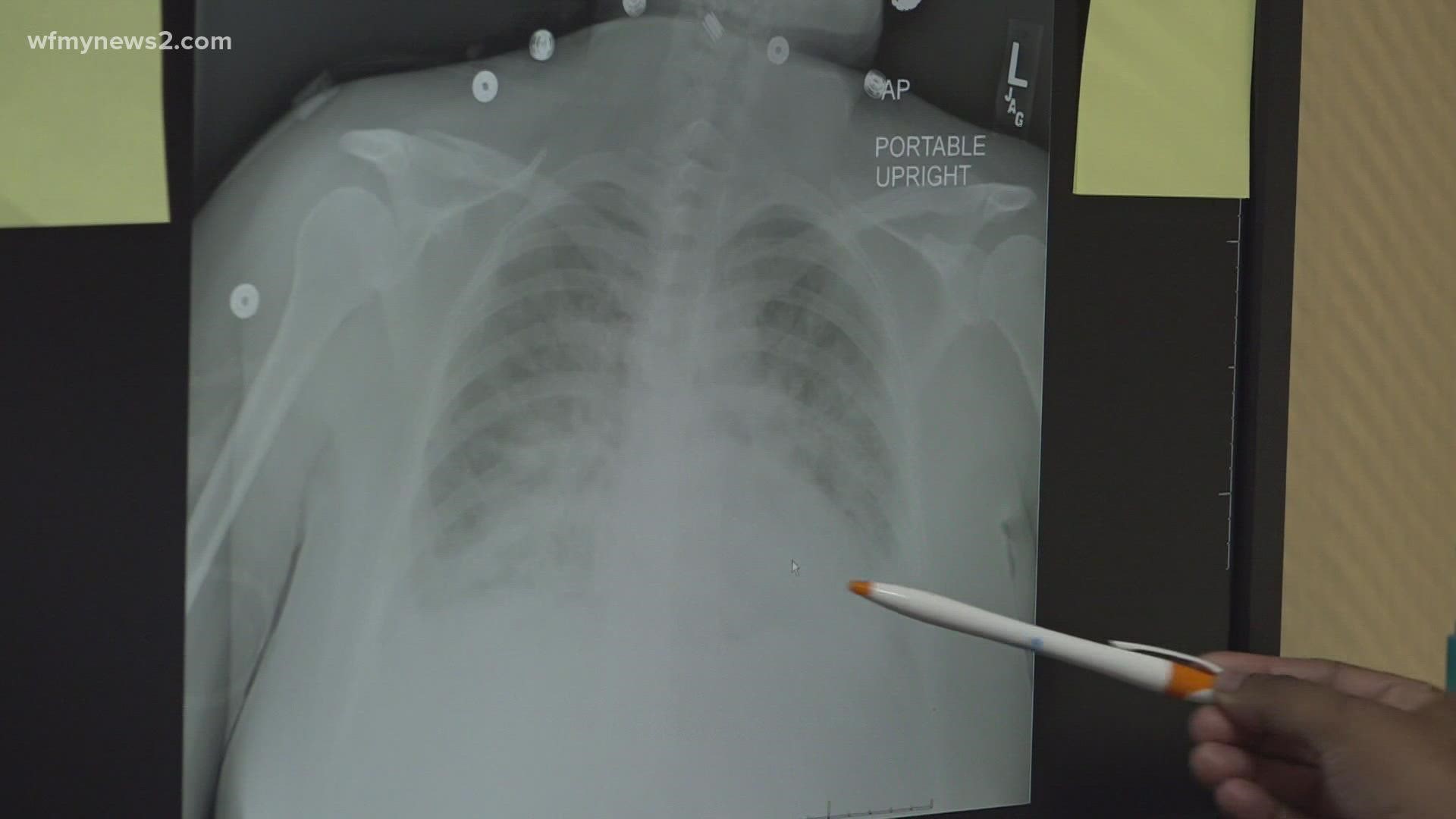'It's not safe' | Vaping harms lungs, brain and heart, according to new research
We talked with four of the nation's experts on vaping. All of them had the same message: "e-cigarettes are dangerous."

Remember the pictures of teenagers in the hospital hooked up to ventilators and doctors warning that vaping caused something called popcorn lungs?
The CDC started investigating back in 2019. Then COVID happened.
The pandemic became everyone's focus, but 2 Wants To Know, 'Whatever Happened 2' concerns about vaping?
In Greensboro, Cone Health says vaping killed one of their patients in 2019. Doctor Murali Ramswamy treated that person.
"This is tragic, and so we are still understanding and trying to understand why patients are dying from vaping," he said back in 2019.
New research on vaping Leading experts reveal what we've learned during the pandemic
Since that 2019 death, the research around vaping has become less cloudy. We talked with four of the nation's leading health experts on vaping.


All of them had the same message:
"Yes e-cigarettes are dangerous," said Jennifer Lawson with the American Heart Association.
"Vaping is dangerous," said Gary Salzman with the University of Missouri - Kansas City.
"E-cigarettes can have a negative impact on the cardiovascular system," Mount Sinai's Neel Patel said.
"Absolutely," the Mayo Clinic's Graham King responded when asked if vapes were dangerous.
Their first concern is that vapes containing THC and nicotine are bought on the street.
"Sometimes, they are putting toxic chemicals into those vape pens," said Salzman.
But they've also seen problems with nicotine vapes bought over the counter.
"There are metals in these e-cigarettes like nickel, lead. Carcinogens like that that while these kids' lungs and vital organs are still forming, you do not want to put that in your body," Lawson said.
"The lungs are basically irritated and inflamed. There's a foreign substance in the lungs that the body tries to fight off. So, the body produces fluid in the lungs and basically, the lungs fill with fluid and the patient feels like they are drowning. They get severely short of breath. Many times, they have to be on a respirator," Salzman said.


"It's happening more and more in a slow way. There are a significant amount of kids who are vaping an excessive amount of time. Right now we're not seeing the long-term effect of this, but I think in their 30s and 40s we're going to start seeing these kids in the clinic with some significant respiratory changes," King said.
Researchers have also found vaping can hurt your brain.
"There have been studies showing the excess of nicotine in those developmental years of brain functioning, can affect the way the synapses, the connections in our brains become more firmly in place," Salzman said.
And your heart. Neel Patel's study found the average age of a stroke victim from smoking tobacco was 59. But in people who vape it's 11 years earlier at 48.
The CDC says as of last year more than 2800 Americans had been hospitalized from vaping. And there were 68 confirmed deaths.
"In general, it's not safe. It shouldn't be done," Salzman said.
How are they sold? The FDA approved a vape for the first time. Here's why...
During the pandemic, the FDA did authorize an e-cigarette to be sold for the first time. It was the Vuse's Solo e-cigarette and its tobacco-flavored nicotine made by R.J. Reynolds in Winston-Salem. The FDA said the company presented data showing the product helped smokers significantly reduce their exposure to harmful chemicals in traditional cigarettes. But the FDA stressed vapes are neither safe nor FDA approved. Just authorized for sale.
We tried to reach out to R.J. Reynolds multiple times for comment, but haven't heard back.
Talking with Kids Experts explain how to get through to teens about vaping
By the way, the experts also say they are seeing kids as young as middle school starting to vape.
Before you talk with them, it's important to know how kids are getting vapes. 2 Wants To Know investigated that in 2019:
Now that you're prepared for the chat, here's how the Mayo Clinic's Graham King recommends talking with kids about vapes:



